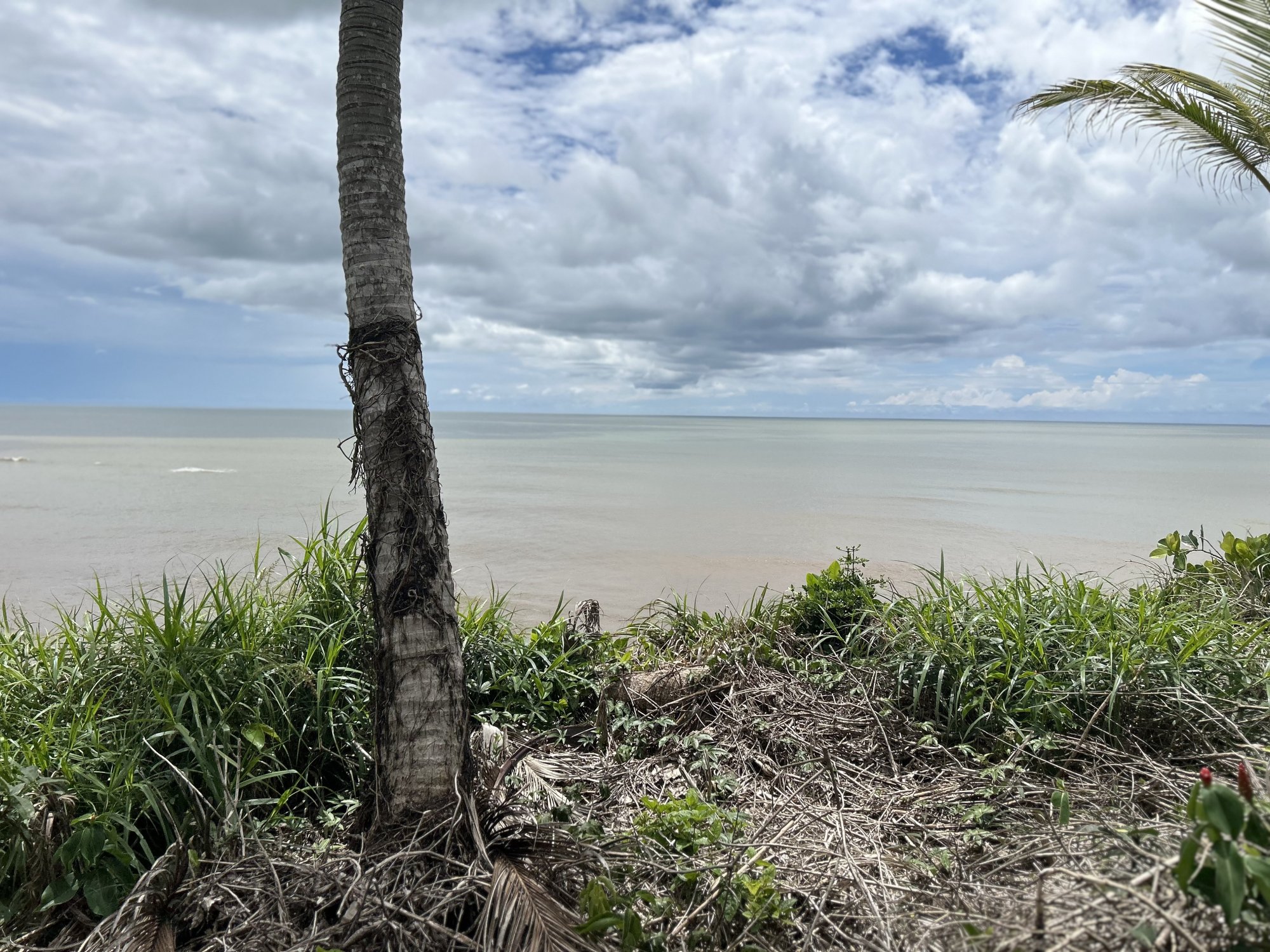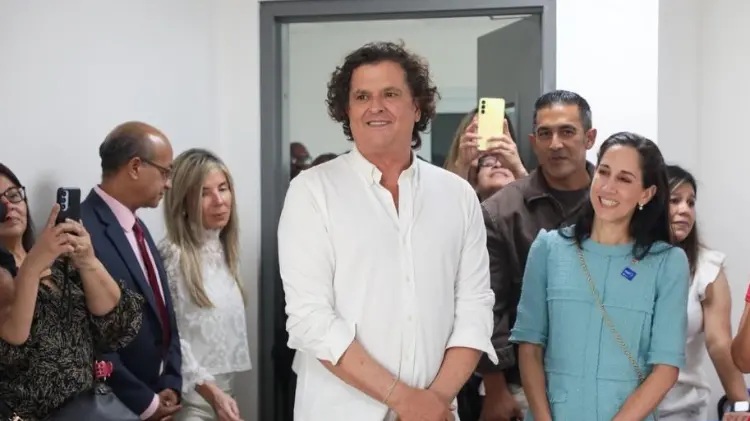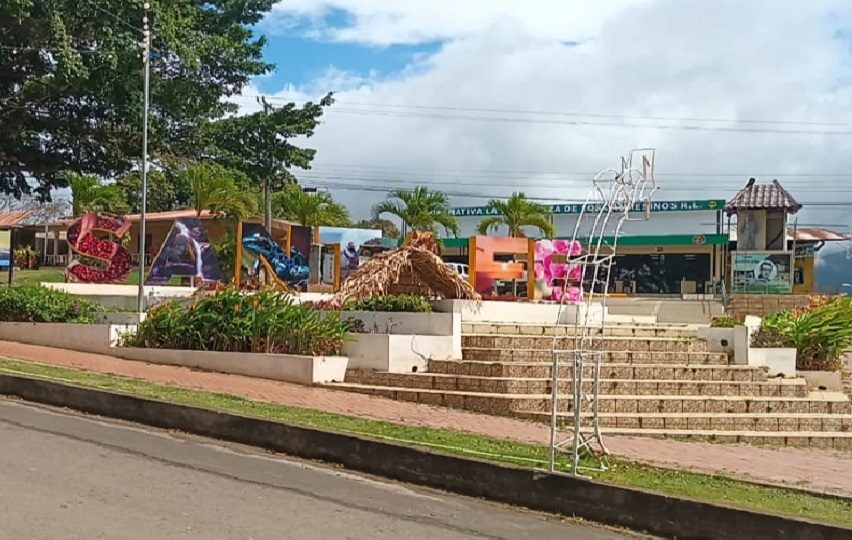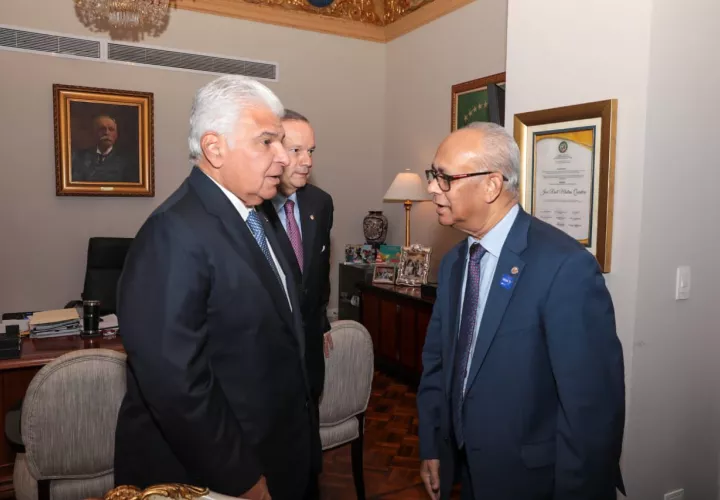Martinelli plan to abolish government funded electoral support under attack

President Martinelli’s plan to abolish public financing for Panama's political parties election campaigns is facing increasing criticism..

Former Tribunal Electoral Judge Guillermo Márquez Amado said Saturday (October 2) that the funding which was adopted in 1997, was initiated to avoid "political favors."
"When campaigns are paid for with money from private individuals, the trend is that those arriving in power need to return the favors to those who contributed," he said.
He recalled that, in 1994, suspected drug trafficker José Castrillón Henao was linked to donations to President Ernesto Pérez Balladares. That scandal led to the reforms in the election law to allow public financing for campaigns.
Martinelli originally said he would end the system to get money to provide the $50 a month raise that pensioners were asking Later he said that he had not meant that they would get a $50 increase. That would cost more than the money saved from providing electoral support.
Political parties received $15 million in 1999, $20 million in 2004 and $33.7 million last year.
The Partido Revolucionario Democrático (PRD) has also been critical of the move.
"This is aimed at weakening the opposition before the next election," said PRD President Francisco Sánchez Cárdenas.
Most countries in Latin America have some level of public financing for political campaigns and it is widely practiced in democracies around the world along with limits on private donations and rules involving public disclosure of donor contributions.





